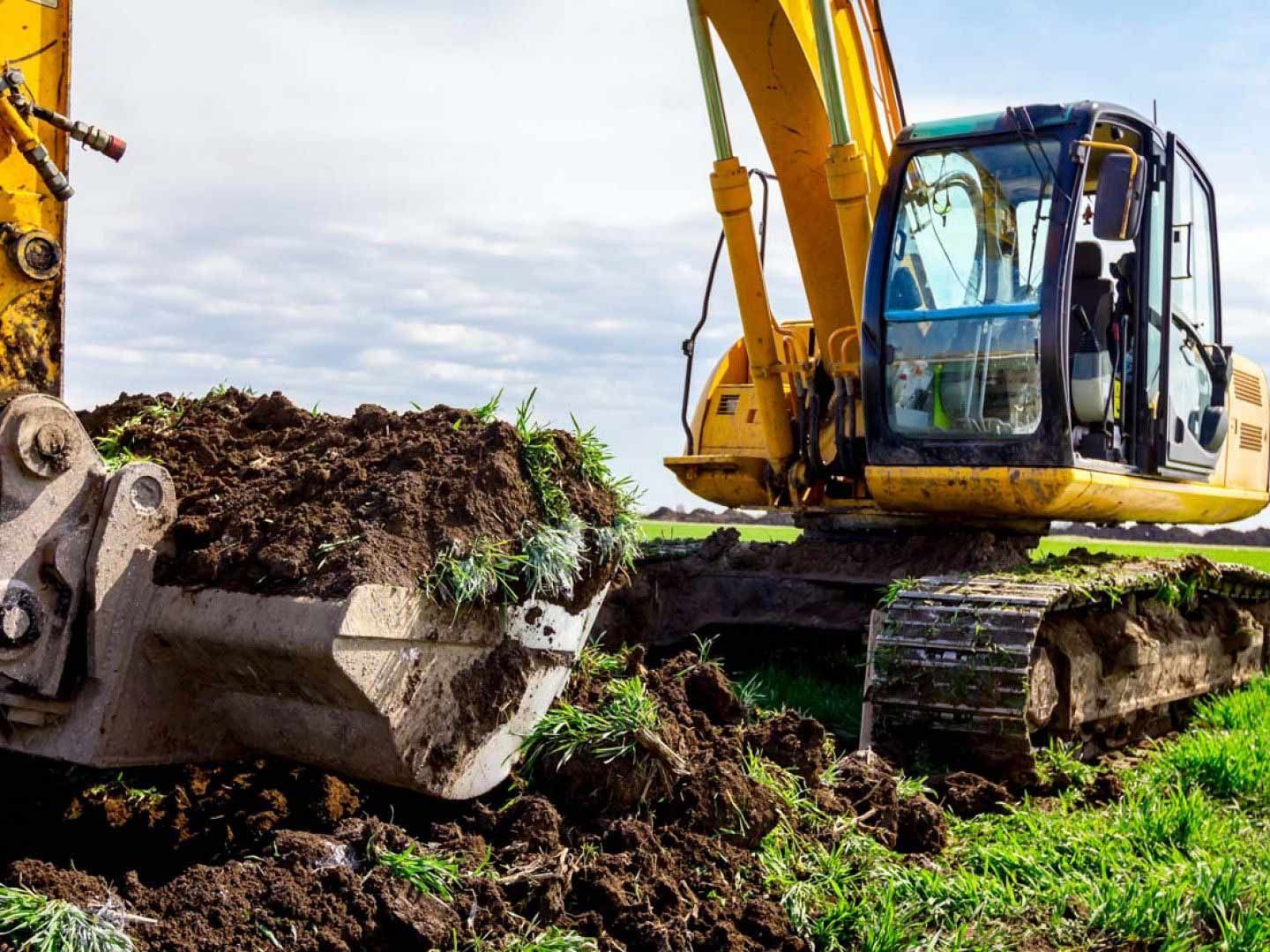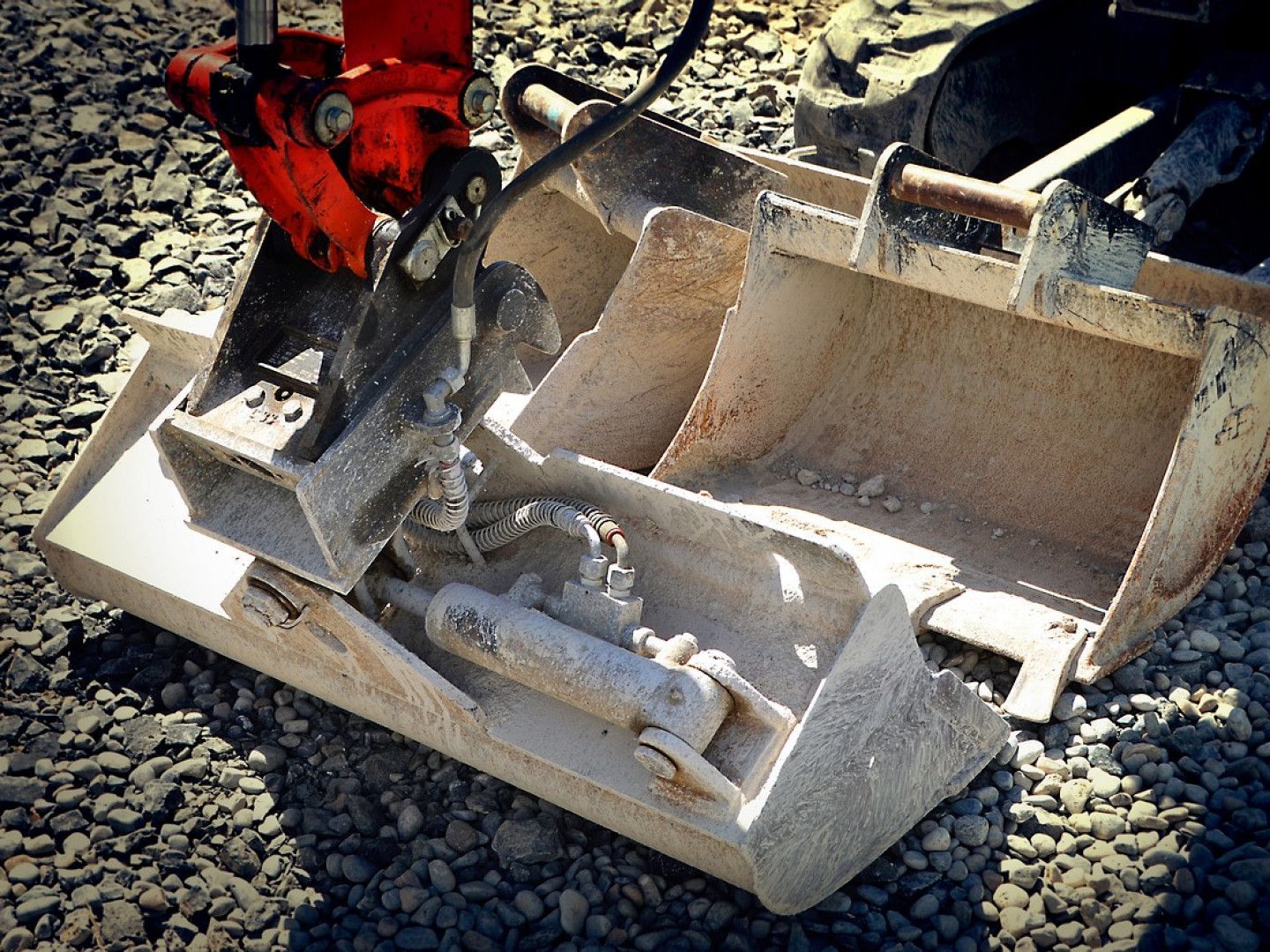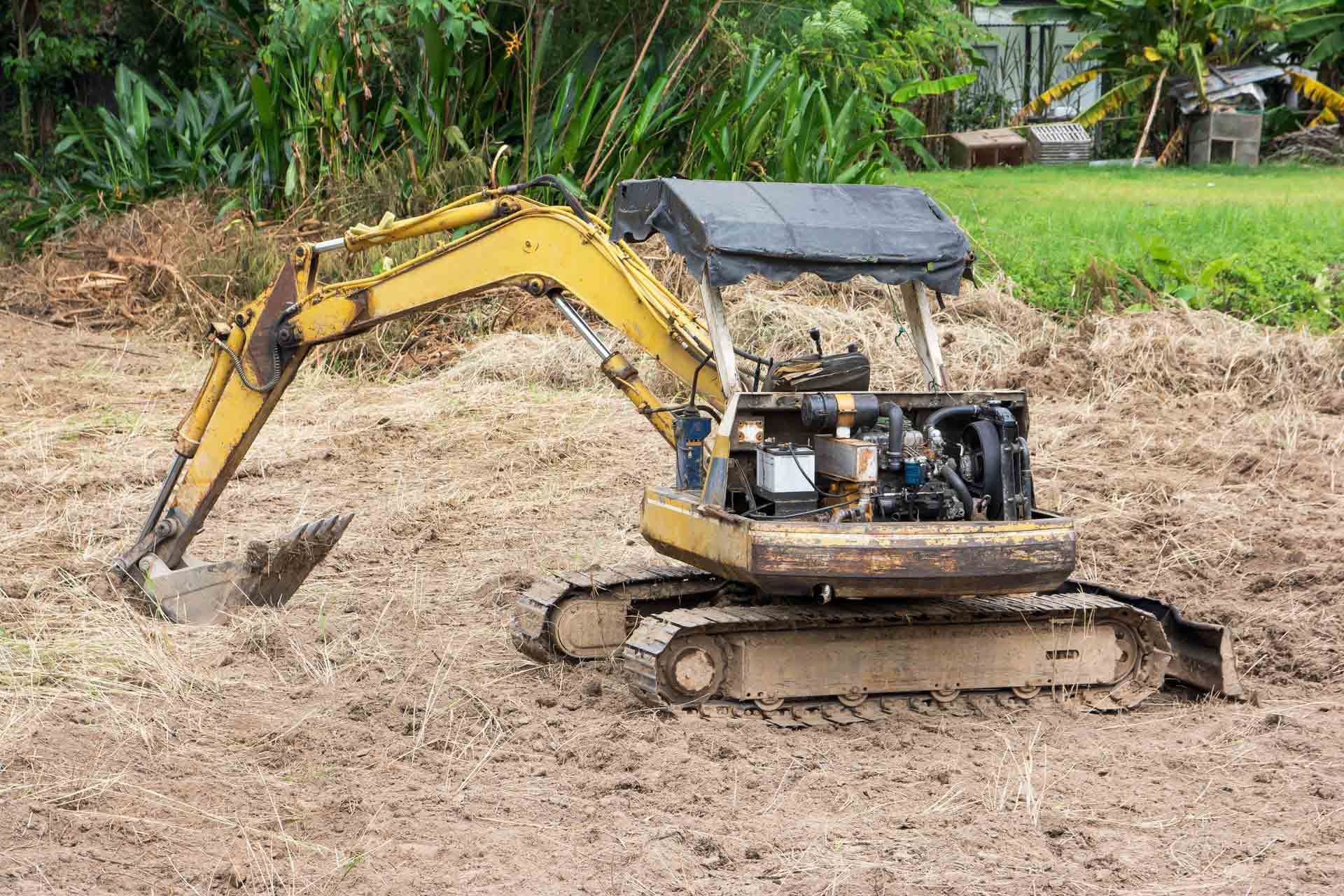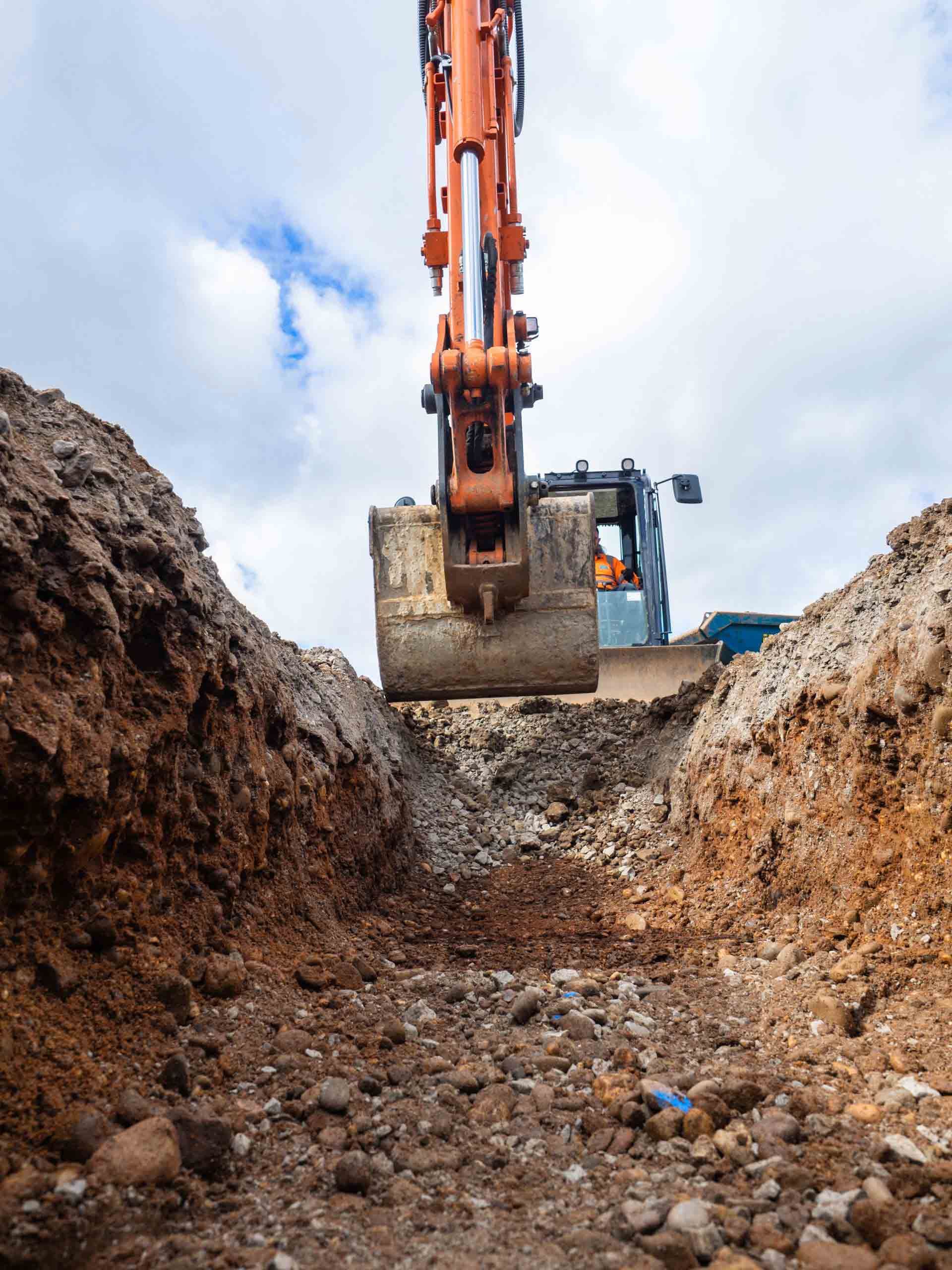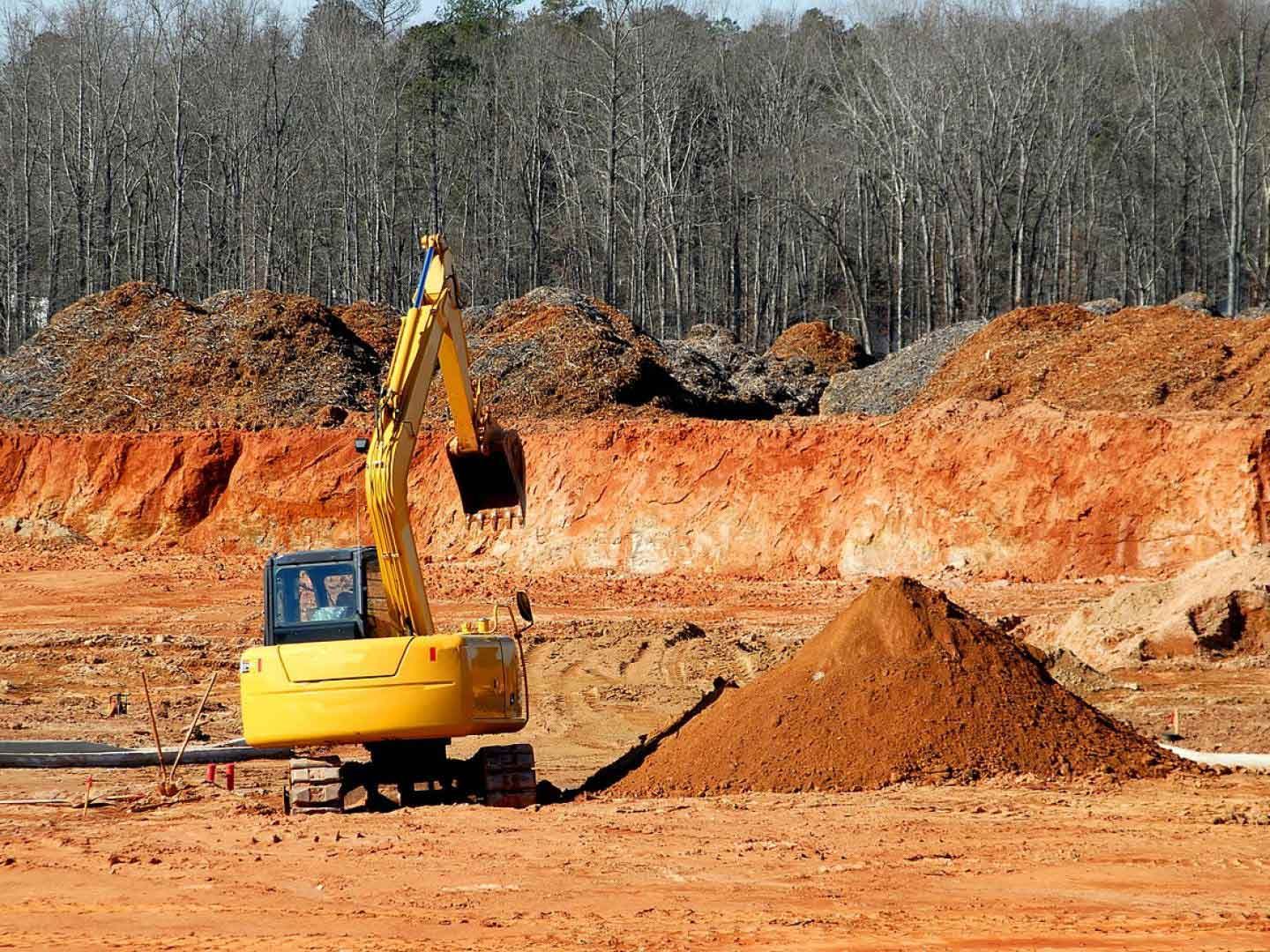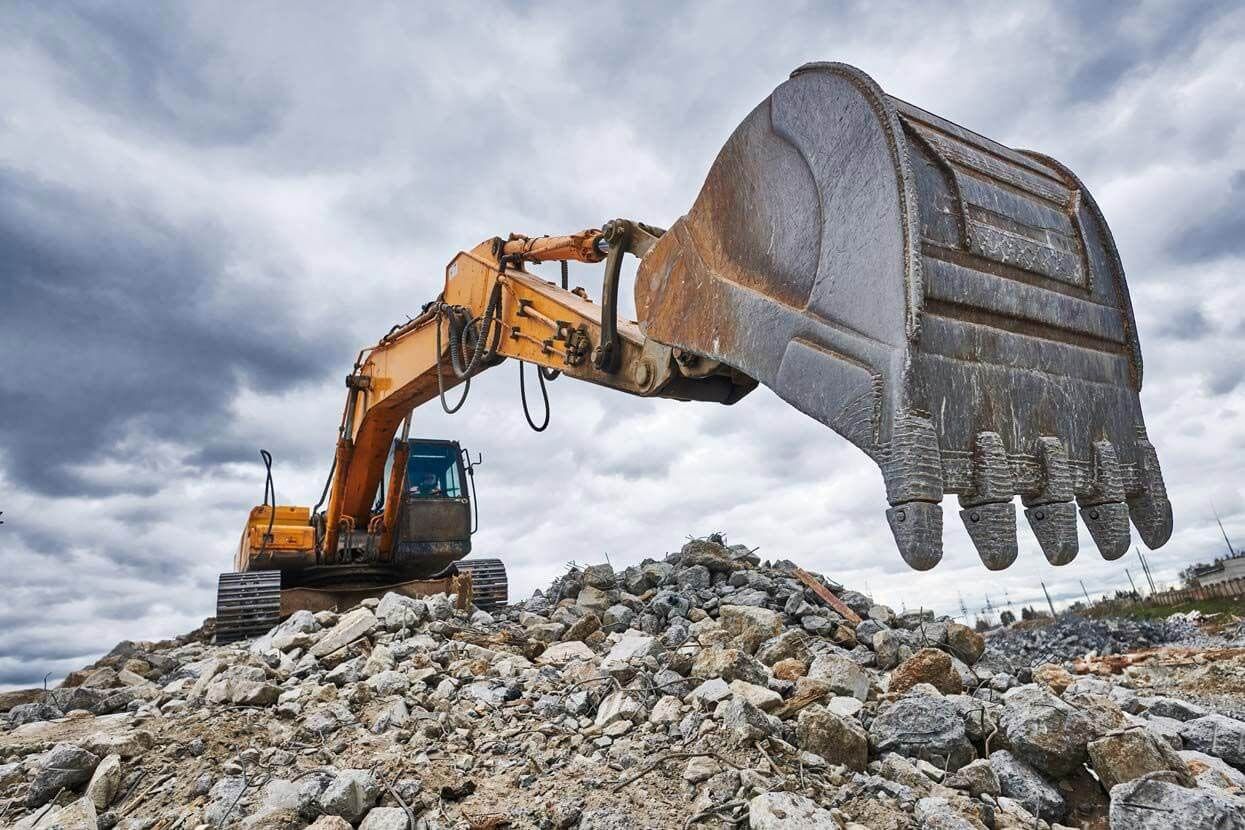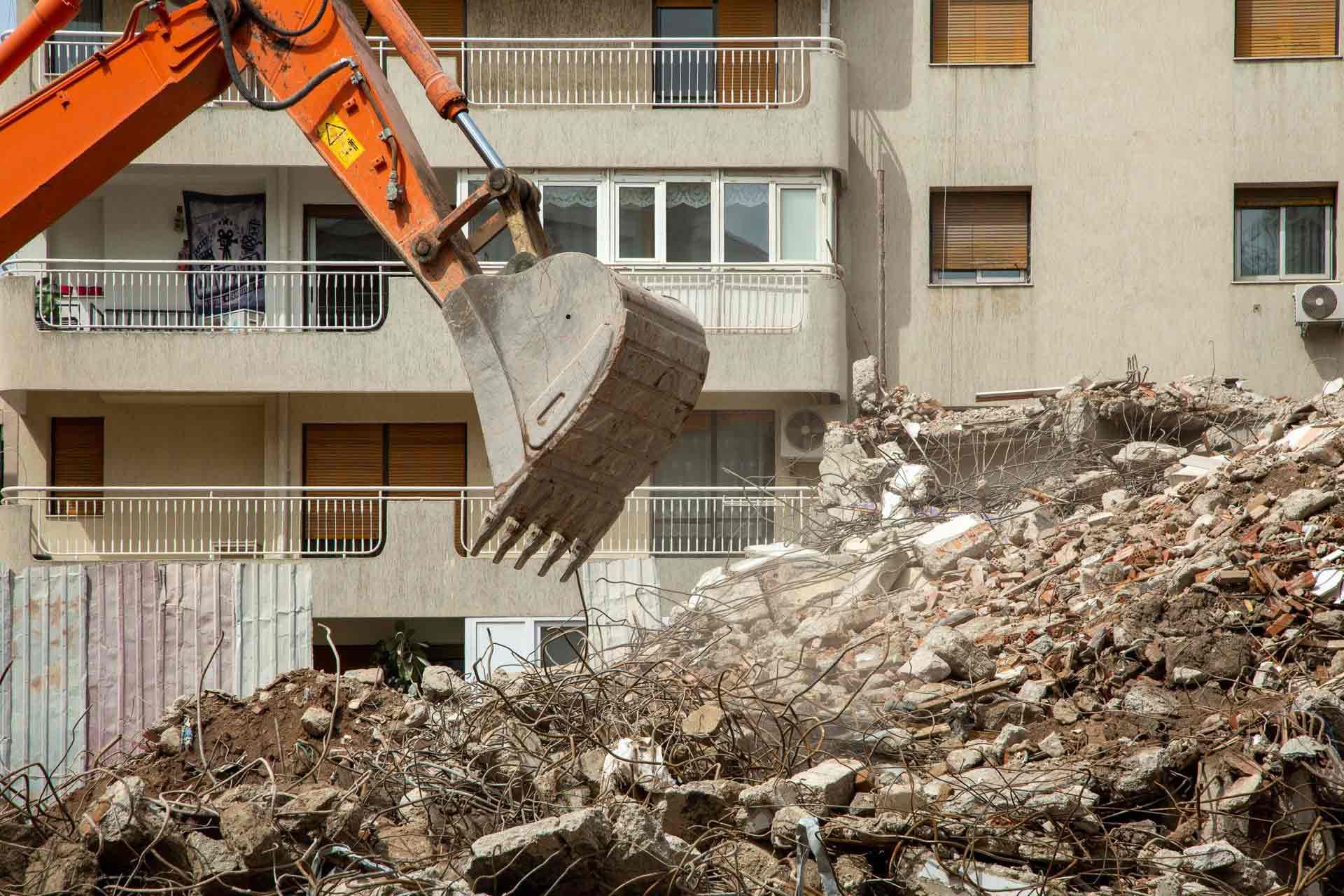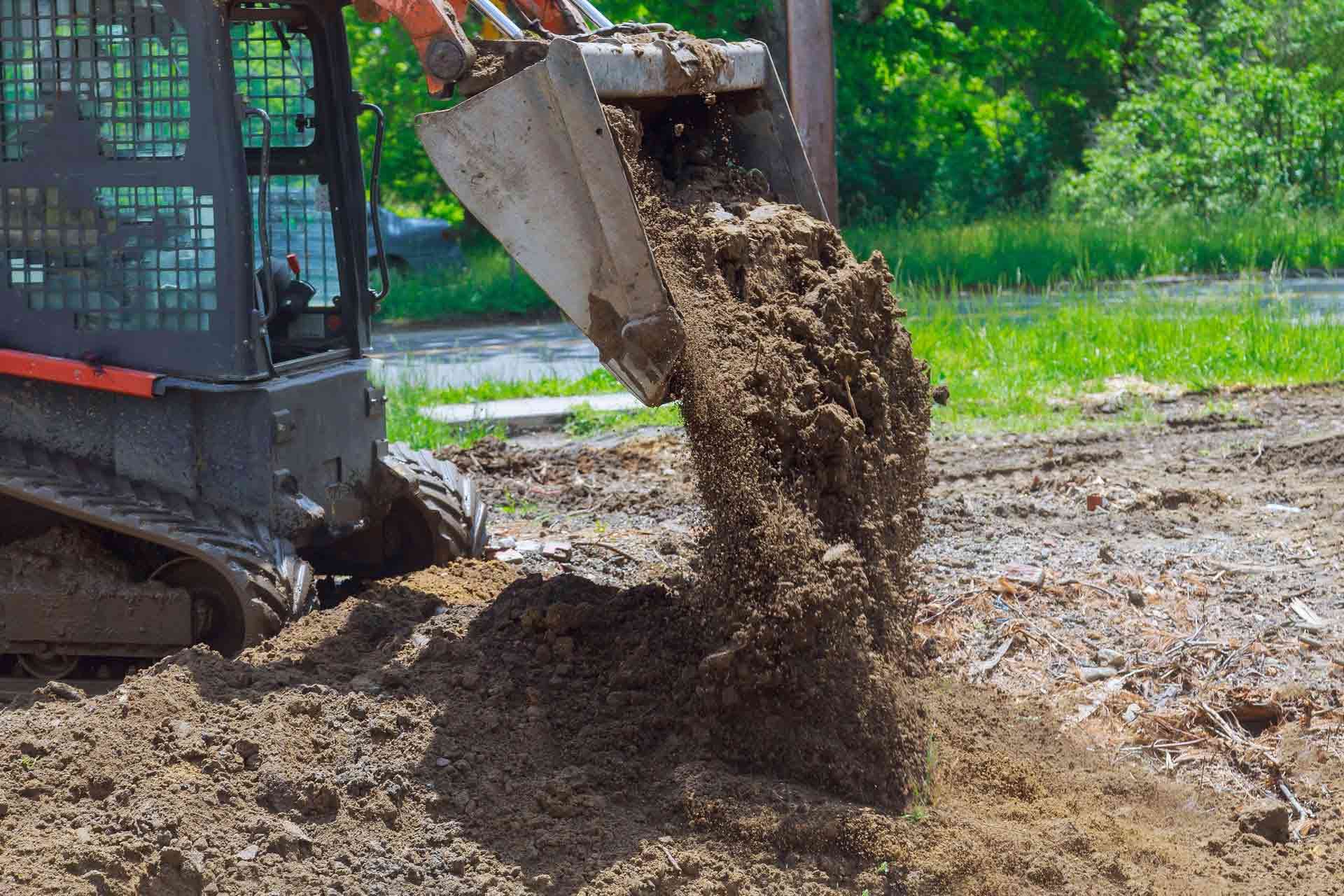Safety Concerns During Excavation Process
When it comes to excavation, safety should be your top priority. Excavation is a crucial part of construction and many other industries, but it can also be risky if not done carefully. In this blog post, we'll dive into the
safety concerns during the excavation process and share some useful tips to manage these risks effectively.
Understanding Why Safety Matters in Excavation
Excavation involves digging, trenching, or removing earth materials to create holes, foundations, or trenches for various purposes. While it's a common practice, it's vital to know the potential hazards tied to this process. Whether you're a pro contractor, a construction worker, or just someone keen to learn about the risks, staying aware of safety concerns and best practices is essential.
The Risks Involved
Excavation is a complex process that can pose several risks, including:
1. Cave-Ins
Cave-ins are one of the most critical and life-threatening hazards during excavation. When the walls of a trench or excavation site collapse, workers can become trapped or buried. Cave-ins often occur suddenly and with little warning.
Safety Tip: To prevent cave-ins, shoring, sloping, or trench boxes should be used to support the excavation walls.
2. Utility Strikes
Underground utilities such as gas lines, water pipes, and electrical cables can be damaged during excavation, leading to gas leaks, electrical shock, or water contamination. Hitting a utility line can result in catastrophic consequences.
Safety Tip: Always contact your local utility companies to identify the location of buried utilities before excavating.
3. Falls
Workers can fall into trenches or excavation sites, leading to injuries or fatalities. This risk is especially prevalent when working near the edges of excavations without proper safety measures in place.
Safety Tip: Install guardrails, use fall protection equipment, and ensure workers are adequately trained in fall prevention.
4. Hazardous Atmospheres
In some cases, excavations can expose workers to hazardous gasses or chemicals. Poorly ventilated areas can trap toxic fumes, creating a hazardous atmosphere within the excavation.
Safety Tip: Conduct air quality tests and provide adequate ventilation to ensure the safety of workers.
5. Mobile Equipment Accidents
Excavation sites are often filled with heavy machinery and equipment, which can pose a danger if not operated with care. Workers can be struck by equipment or caught in between moving machinery.
Safety Tip: Ensure that equipment operators are trained and use proper signals and precautions to prevent accidents.
Measures for Safety Concerns During Excavation Process
Mitigating these safety concerns during excavation requires careful planning and adherence to safety guidelines. Here are some essential safety measures to keep in mind:
- Planning and Assessment
Before starting any excavation project, conduct a thorough assessment of the site. Identify potential hazards, including underground utilities, unstable soil, or adverse weather conditions. Develop a site-specific safety plan and ensure all workers are familiar with it. - Protective Systems
Implement protective systems to prevent cave-ins. Depending on the soil type and depth of excavation, you may need to use shoring, sloping, or trench boxes. Regularly inspect and maintain these systems to ensure they remain effective. - Locate Underground Utilities
Contact local utility companies to locate and mark underground utilities before excavation begins. This will help prevent accidental utility strikes and ensure the safety of both workers and the surrounding community. - Proper Equipment and Training
Only use equipment that is in good working condition and has proper safety features. Ensure that all workers are adequately trained in the operation of equipment and follow safety protocols. Conduct routine equipment inspections to identify any potential issues. - Safety Barriers
Install safety barriers and warning signs around the excavation site to keep unauthorized personnel out and protect workers from falls or accidents. Adequate lighting and signage are essential, especially when work continues after dark. - Ventilation and Air Quality
Regularly monitor the air quality within the excavation, especially in confined spaces. Adequate ventilation should be provided to ensure the atmosphere remains safe for workers. Use gas detectors to alert workers to any dangerous conditions. - Emergency Response
Establish a well-defined emergency response plan in case of accidents or incidents. All workers should be trained on the procedures to follow in the event of an emergency. Having quick access to first aid supplies is essential.
Ongoing Safety Education
Safety concerns during excavation should not be taken lightly. Continuous safety education is paramount in preventing accidents and protecting lives. Regular training and awareness programs should be conducted to keep workers informed about the latest safety procedures and guidelines.
Safety is a collective responsibility, and everyone involved in excavation projects, from managers to laborers, must play their part.
The Role of Personal Protective Equipment
Personal Protective Equipment, or PPE, plays a vital role in ensuring the safety of workers during excavation. Depending on the specific risks involved in a project, appropriate PPE should be provided to workers. Common PPE for excavation work includes:
- Hard Hats: Protect against falling objects.
- High-Visibility Vests: Increase visibility to avoid accidents.
- Steel-Toed Boots: Guard against crush injuries.
- Gloves: Shield hands from cuts and abrasions.
- Ear Protection: Reduce the risk of hearing damage in noisy excavation sites.
- Eye Protection: Prevent eye injuries from dust, debris, or chemicals.
- Respirators: Safeguard against inhaling harmful gases or dust.
Ensuring that workers wear the necessary PPE is a critical aspect of safety management during excavation projects.
Regular Inspections and Safety Audits
Safety concerns during excavation can change as a project progresses. Regular inspections and safety audits play a critical role in spotting potential risks and taking prompt action. To get the job done right, safety audits should be performed by someone who knows their stuff and can evaluate the site's safety practices, recommending any necessary changes.
Furthermore, don't forget the importance of ongoing safety meetings involving all the hardworking folks on the site. These meetings provide a space for everyone to voice concerns, share their experiences, and get feedback on safety measures.
Sticking to the Rules
It's absolutely vital to follow the safety regulations and standards set at the local, state, and federal levels when you're tackling excavation projects. These rules are there to keep workers and the community safe. Ignoring them can lead to fines, legal troubles, and, most importantly, accidents and injuries.
Summing it All Up!
Let's wrap this up. Safety concerns during excavation aren't just a buzzword; it's life and death. Whether you're in construction or utilities, excavation is a big deal. We all play a part in keeping it safe.
How do we make it happen? Stick to safety rules, use the right gear, keep an eye on things, and make safety part of your everyday routine. Remember, safety should always be your top priority, always. For more
expert guidance and safe excavation services, head over to Braka Superior Services and stay safe on your next projects.

